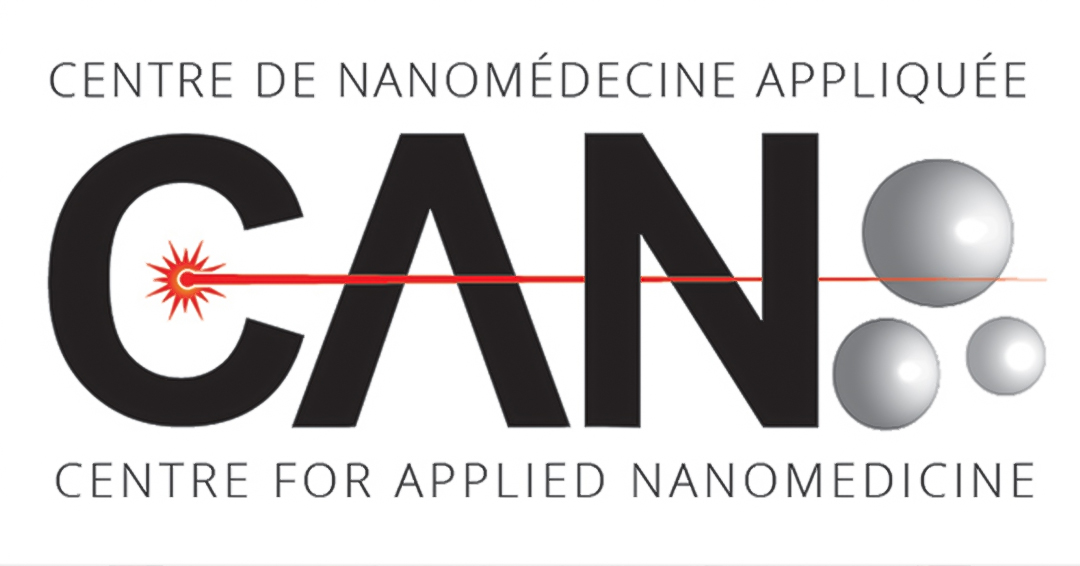
With the launch of the new Centre for Applied Nanomedicine (CAN) at the Research Institute of the McGill University Health Centre (RI-MUHC), researchers can access the latest tools and expertise to shine new light on the study of extracellular vesicles and particles. A unique research hub, the CAN is dedicated to cutting-edge research on these nanosized bodies, which are present in all bodily fluids and implicated in cellular communication.
In the burgeoning field of nanomedicine, extracellular vesicles and particles have been found to hold both diagnostic and therapeutic potential. With nanomedicine now driving conceptual transformation in the biomedical sciences, the CAN opens new opportunities for research and impactful progress in the diagnosis, treatment and prevention of diseases ranging from cancer to neurodegenerative disorders.
With funds from the Canada Foundation for Innovation, the CAN acts as an ecosystem that brings an assembly of unique, state-of-the-art technologies to the research community.
For example, nano flow cytometry using a CytoFLEX system allows users to profile and sort myriads of particles for specific molecular cargo, while super-resolution imaging, using an ONI Nanoimager system, enables researchers to see these particles at a single-molecule resolution.
The CAN is integrated into a network of technologies enabling upstream and downstream in‑depth analysis of biological and engineered nanoparticles. Collaborating platforms at the RI‑MUHC include the Immunophenotyping Platform for flow cytometry, the Proteomics and Molecular Analysis Platform for mass spectrometry, and the Molecular Imaging Platform for super-resolution imaging. The CAN already powers a number of large and small projects in nanotechnology and liquid biopsy. Inquiries from interested researchers are welcome. Contact information is provided on the RI-MUHC website.
